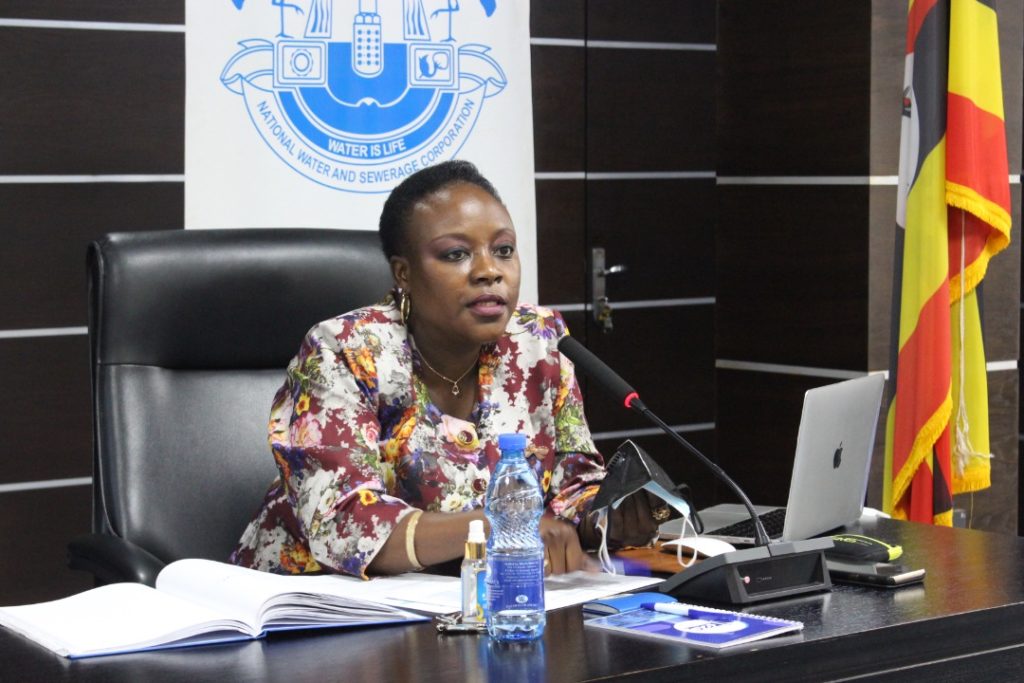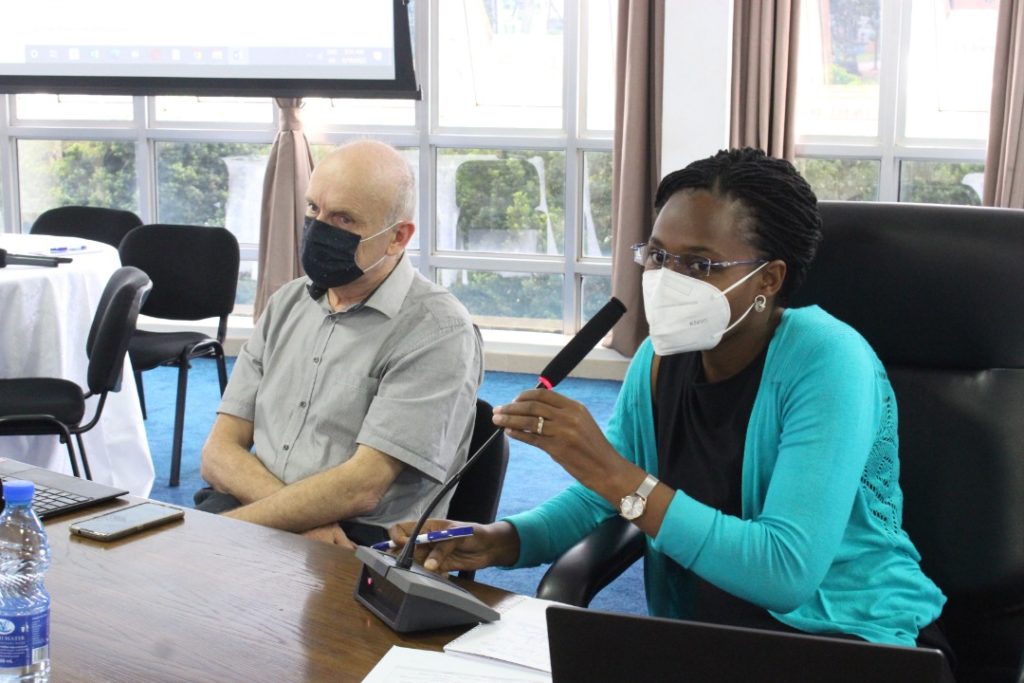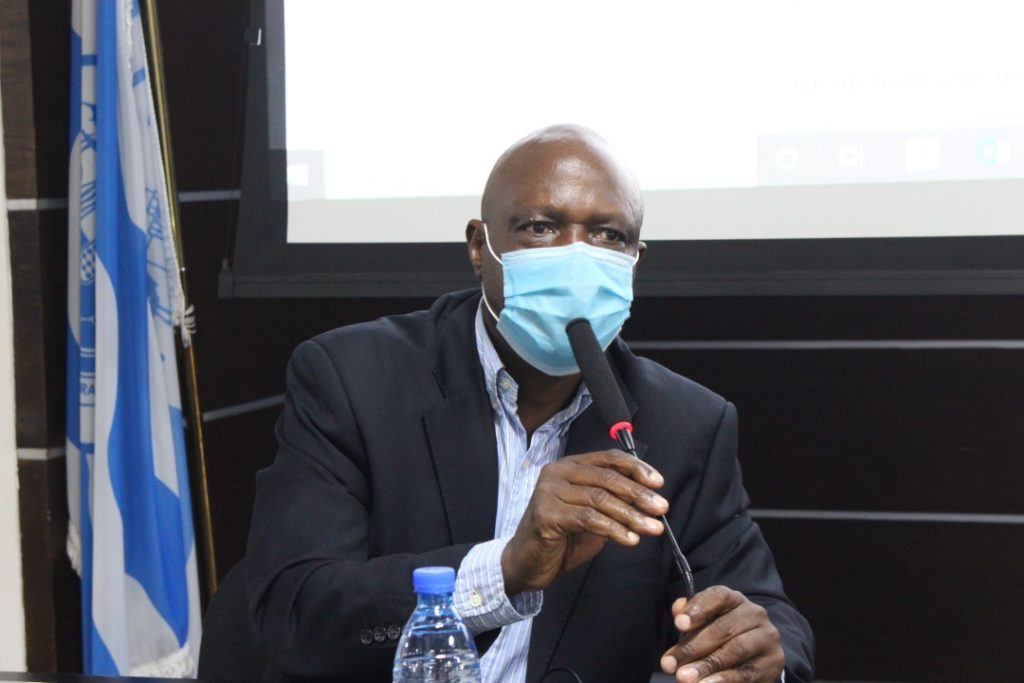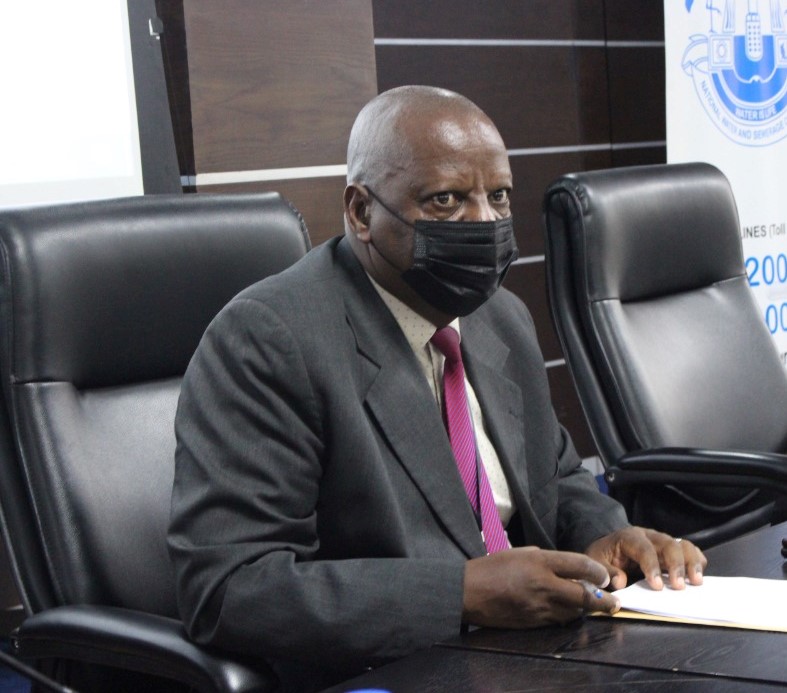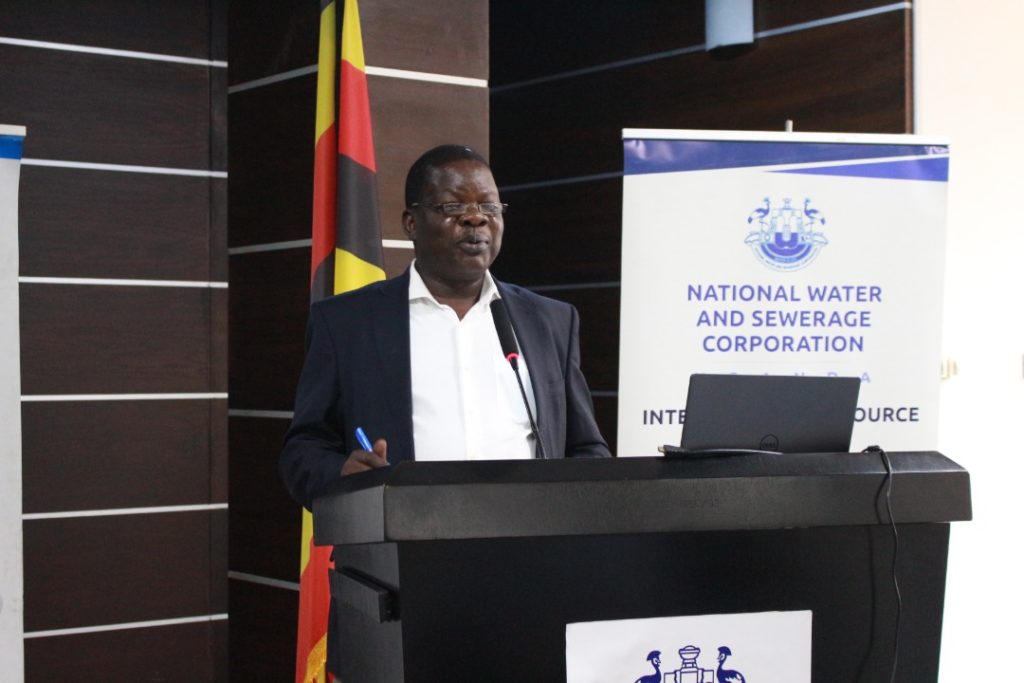
Through the ATWATSAN project, NWSC aided by partners, set out to establish and implement a Pro-Poor Strategy Framework for improving services provision to the poor in small towns. It developed a “pro-poor decision-making” guideline and implemented a pilot in the three towns of Apac, Pader and Kitgum in order to test key technologies and financial elements for improving services to the poor in small towns of Uganda.
Converged in a workshop, it was realized that various challenges exist ranging from difficulties of balancing the cost for appropriate infrastructure to be installed and affordability, imbalance related to cross-subsidization, to inadequate technical capacity for acquisition and maintenance of certain infrastructure.
Presiding over the workshop, NWSC’s Director Business and Scientific Services, Dr. Rose Kagwa stressed the need to redirect the attention to informal groups by categorizing the vulnerable in the same docket as the poor to have a holistic water and sanitation solution.
“There is a need to enhance south-to-south cooperation while building synergies with the different players and partners”, she stated.
Dr. Kagwa went on to lay down 5 focal points in the NWSC Corporate Plan 2021-25 through which the ATWATSAN project can be guided including; Industrialization, Infrastructure development, Skilling, Private Sector Innovation, Organizational health and sustainability.
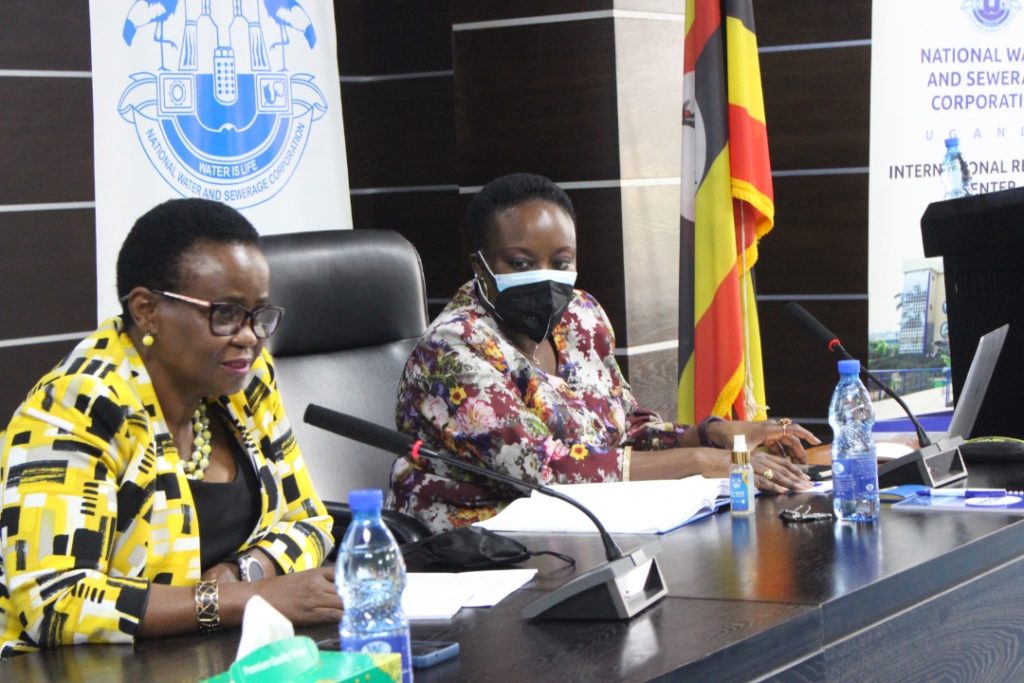
She also gave an overview of the recently concluded Webinar series on setting the agenda for Wastewater treatment and monitoring in the context of SDGs. With Advancements in wastewater monitoring and data management, Financing wastewater and Investment Options and Governance and Policies for wastewater management: What more can be done in Africa? being the key pointers.
Representing the NWSC Managing Director as the guest of honor, the Deputy Managing Director-Finance and Corporate Strategy, Mrs. Tumuhairwe Silvia underscored the need to accelerate sustainable water and sanitation services to the local people; especially the pro-poor. She also noted the ATWATSAN project has been a success, COVID 19 challenges withstanding. She officially opened the workshop.
Notably, the main objective of the Workshop is to share key findings from the pilot, discuss lessons learnt and agree on a way forward for improving services provision to the poor in small towns. Specifically, the workshop presented findings, observations and challenges with regard to the current pro poor services approach in small towns. It also shared experiences from other projects and implementers, provided opportunity for knowledge exchanges on new avenues /options for improving and financing pro poor services in small towns and, reflected on the current pro poor strategy and its effectiveness in small towns with diverse socioeconomic patterns and agreed on a way forward.
